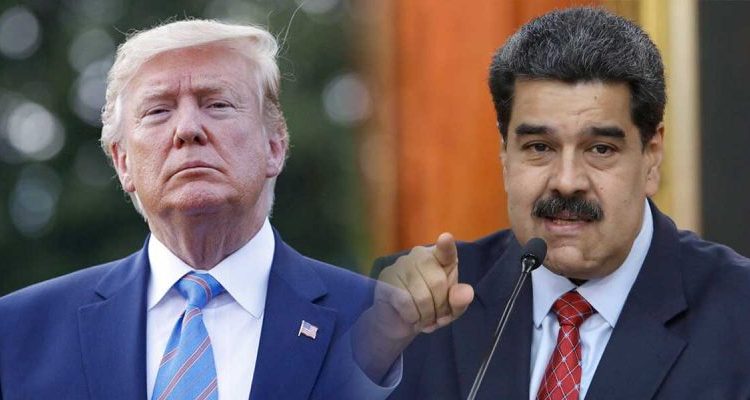
U.S. imposes full economic embargo on Venezuela
By Vivian Salama
President Trump late Monday signed an executive order freezing all government assets and prohibiting transactions with it, unless specifically exempted, the first action of its kind against a government in the Western Hemisphere in more than 30 years. The move places Venezuela on a par with North Korea, Iran, Syria and Cuba, the only other countries currently under such stringent U.S. measures.
Since the onset of Venezuela’s political crisis this year, the U.S. has imposed sanctions on more than 100 individuals and entities, including state-owned oil company Petróleos de Venezuela SA, the Venezuelan Development Bank and Venezuela’s central bank.
The new move threatens to target and impose sanctions on virtually any company or individual, foreign or American, that engages in business or offers support to anyone affiliated with the Maduro government, the official said. It isn’t designed to target the people of Venezuela, including their access to remittances.
The U.S. has dozens of sanctions statutes, regulations and executive orders, administered by a variety of government agencies. Some involve selective sanctions while others are more comprehensive. The most rigorous and comprehensive sanctions programs are considered embargoes.
The sweeping action against Venezuela apparently had been under discussion for some time. Last week, a reporter asked President Trump whether he was considering such a measure, given China and Iran’s continued support for Mr. Maduro.
“Yes, I am,” he said.
In a letter to Congress on Monday, Mr. Trump said he decided to impose widespread sanctions “in light of the continued usurpation of power by the illegitimate Nicolás Maduro regime, as well as the regime’s human rights abuses, arbitrary arrest and detention of Venezuelan citizens, curtailment of free press, and ongoing attempts to undermine Interim President Juan Guaidó.”
The Trump administration has worked to rally countries around the world to isolate the Maduro regime as a means of forcing him from power. But a number of countries, including Russia, China and Turkey, still support the embattled leader.
(For the complete Wall Street Journal article, click here.)

